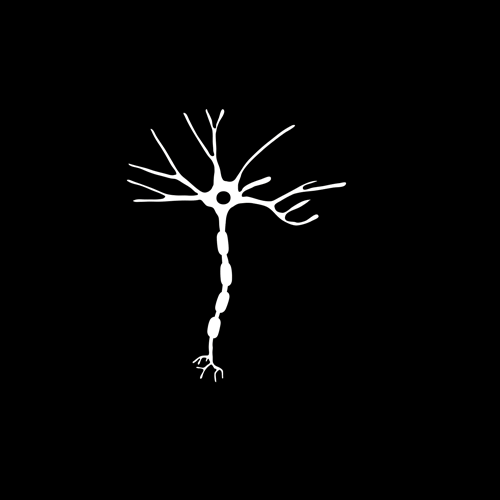

Research Projects
1] Age-dependent decline in axon growth potential can reduce efficacy of promising regenerative strategies
We have previously shown that age negatively impacts axon growth, alters inflammation and enhances glial response after SCI. Recent data demonstrate that changes at the molecular level within the neurons also participate in this decline and will likely impair repair and recovery in older patients. We are investigating what these changes are and how to enhance growth in middle-age and aged animals.

Deletion of PTEN in cortical neurons induces axonal regeneration after spinal cord injury when performed in young animals (A) but not in middle-age animals (B). Yellow: Axonal tracer BDA labelling axons rostral (left) and caudal to injury (right); Blue: astrocyte marker (GFAP).
2] Chronic spinal cord injury induces numerous health issues
Recent data demonstrate alteration in the liver function in mice with chronic spinal cord injury, which is also associated with cardiovascular complications. Reducing liver dysfunction and metabolic syndrome is an important avenue of research to increase overall health of patients with SCI. We are using genetic and pharmacological tools to reduce SCI-associated health problems.

Livers from mice suffering with chronic spinal cord injury (18 months post injury, B-B’) present signs of fibrosis (as assessed with H&E staining)
3] New strategy for in vivo gene targeting
We have demonstrated the efficacy of a new non-viral somatic gene targeting strategy using CRISPR/Cas9 (in collaboration with Thermofisher). This technique will allow rapid screen of genes functions directly in vivo.

4] Gastrointestinal dysfunction after SCI
Gut dysfunction is an often overlooked consequence of SCI, presenting as impaired bowel motility and altered gut microbiota and metabolite populations. Our ongoing research works to characterize and uncover the mechanisms of the physiological and histological changes within the gut environment following SCI. We are also testing ways to enhance bowel activity, through pharmacological intervention and electrical devices.

5] Cognitive decline after SCI
After spinal cord injury, over 64% of patients experience cognitive decline, though this secondary effect is largely overlooked. We aim to elucidate the mechanism of action of this decline and understand the behavioral and histological changes after SCI.
